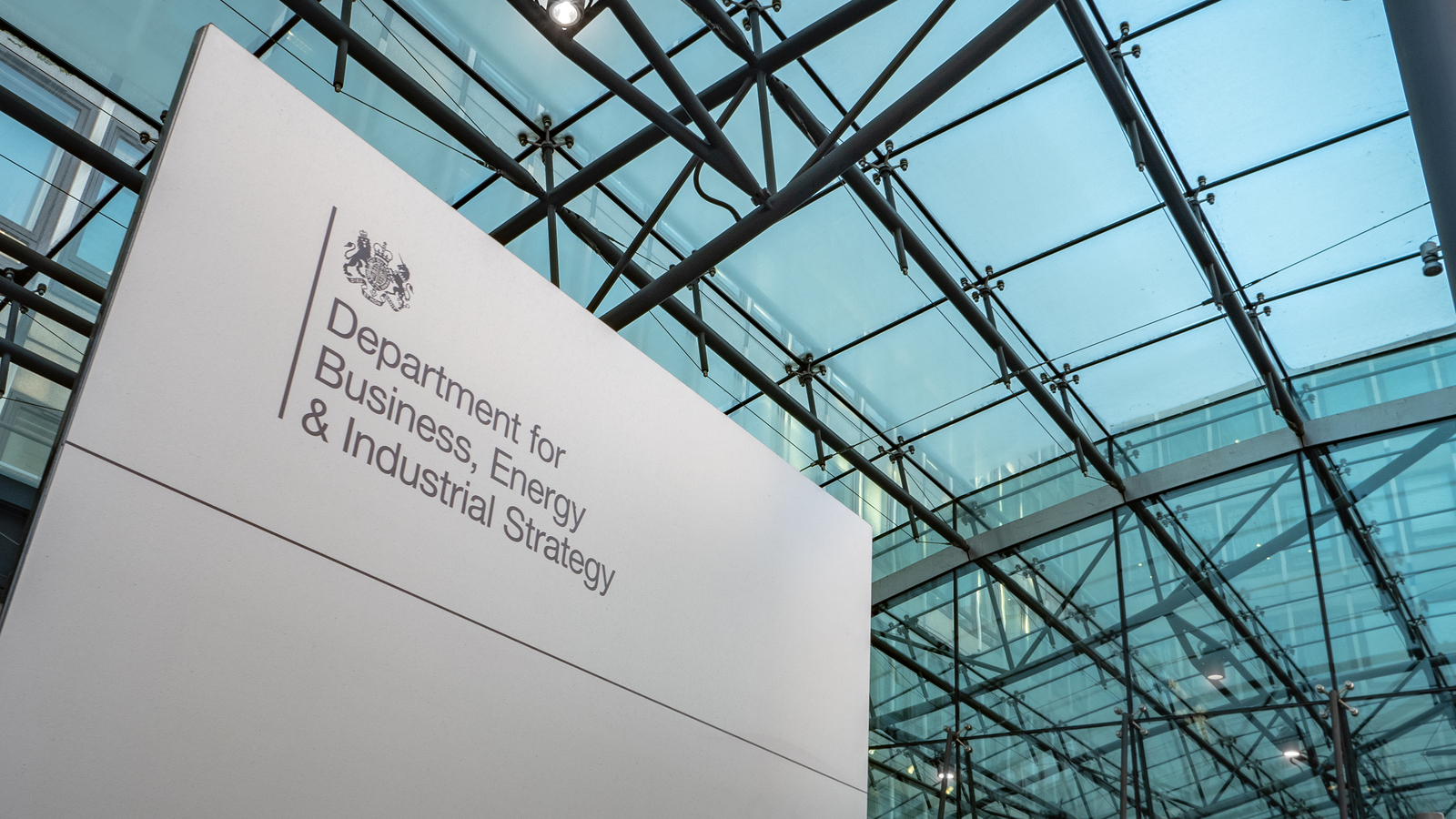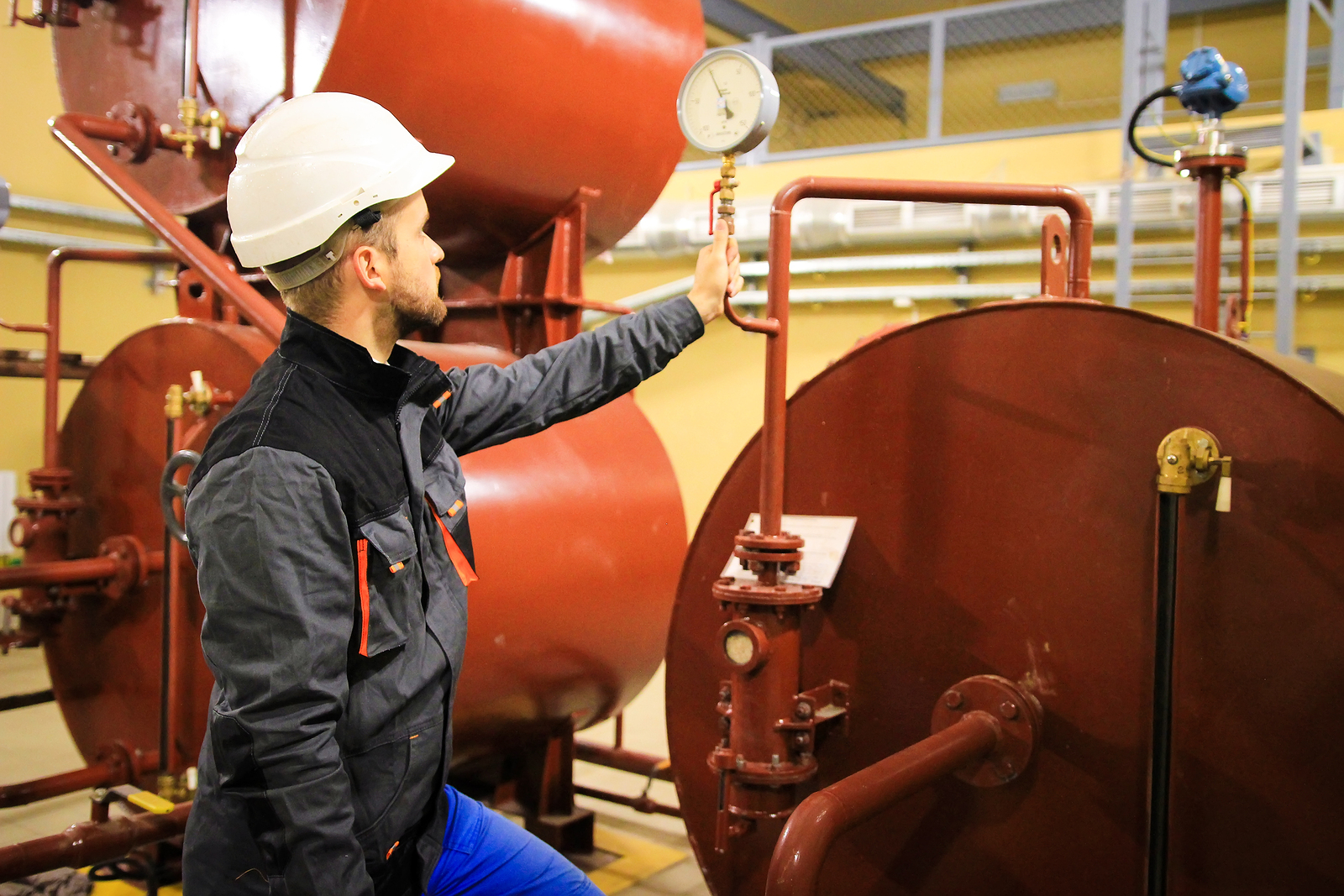
Govt Seeking Ways To Cut Industrial Greenhouse Gas Emissions
The government has announced that it is now looking for the best ways to cut industrial greenhouse gas emissions, with the Industrial Energy Transformation Fund (IETF) set to help those businesses with high power use to cut their bills and emissions through investment in efficiency measures.
This will see industrial emissions reduced by approximately two million tonnes between 2028 and 2032, which is the same as taking almost 200,000 cars off our roads each year. The new government consultation is now calling for views on how this fund will work.
Last month (November), the government revealed plans to improve the energy efficiency of commercial sites, with companies benefiting from savings of up to £1 billion a year on energy bills by the year 2030.
In June, the UK became the first major economy to bring in legislation to end its contribution to climate change by 2050. In order to achieve this, industry emissions – which account for approximately a quarter of all emissions in this country – will have to be cut to almost zero.
Kwasi Kwarteng, business, energy and clean growth minister, said: “The UK is already cutting emissions faster than any other major economy and we’re the first to legislate to end our contribution to climate change entirely.
“Eliminating emissions from industry is key to achieving this, but doing so does not have to mean compromising our business success. That’s why we’re bolstering our investment in clean growth.”
Ministers are now looking to fund proven low-carbon industrial processes, as well as investigating new options to ensure that our industries remain agile in the future.
There are numerous technologies that the IETF could support to see industry become more energy efficient and facilitate the move to net zero. Waste heat recovery could be one way in which this is achieved, providing valuable energy sources and driving down total energy consumption.
Waste heat comes from various sources, whether it’s boiler flue gases, ventilation system extracts, air compressors, refrigeration plants, hot liquid effluents or process plant cooling systems. These sources present opportunities to invest in a cost-effective heat recovery programme.
The refining sector, for example, could replace heat exchangers with more efficient ones, as well as looking into air pre-heat and electricity generation from steam let down. And the iron and steel sector could investigate waste heat recovery and process optimisation (such as bringing in exhaust emissions feedback systems).
Looking for fuel oil companies at the moment? Get in touch with us today.


